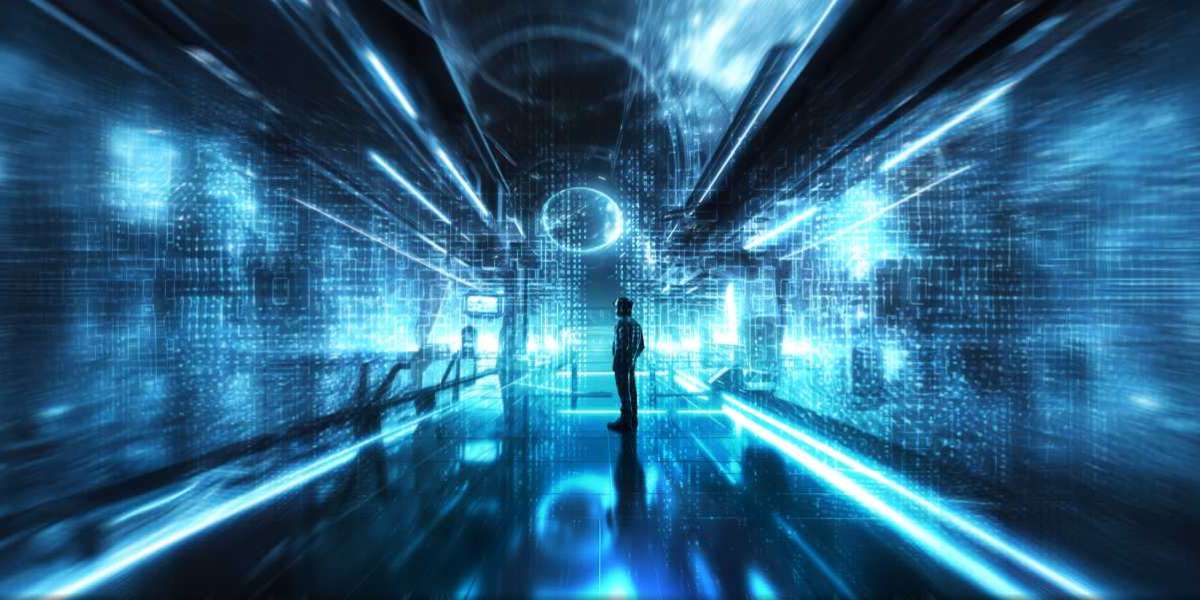In recent years, the development of AI code generators has sparked significant interest and debate within the software development community. These tools, designed to automate the process of writing code, promise to revolutionize the way software is created. However, the question remains: can AI code generators truly replace human programmers? Let's delve into a comparative analysis to understand the strengths and limitations of both approaches.
AI Code Generators: A Brief Overview
AI code generators leverage advanced algorithms and machine learning techniques to analyze existing codebases, identify patterns, and generate new code snippets or even entire applications. They can be used for various tasks, including:
- Code completion: Suggesting code snippets to complete lines or functions.
- Code generation: Creating entire modules or components based on natural language prompts or specifications.
- Code optimization: Identifying areas for improvement and suggesting refactoring techniques.
Strengths of AI Code Generators
- Efficiency: AI code generators can significantly speed up the development process by automating repetitive tasks and reducing the time spent on coding.
- Consistency: They can help ensure code consistency and adherence to coding standards, reducing the likelihood of errors.
- Accessibility: AI code generators can democratize software development by making it more accessible to individuals with limited programming experience.
- Innovation: By automating routine tasks, AI code generators can free up human programmers to focus on more creative and strategic aspects of software development.
Limitations of AI Code Generators
- Complexity: While AI code generators can handle simple tasks, they may struggle with complex or domain-specific problems that require deep understanding and expertise.
- Creativity: AI code generators are not capable of the same level of creativity and innovation as human programmers, who can come up with novel solutions and think outside the box.
- Debugging: AI-generated code may contain errors or inefficiencies that are difficult to detect and fix.
- Ethical Considerations: The use of AI code generators raises ethical concerns related to intellectual property, job displacement, and the potential for misuse.
The Human Touch
Despite the advancements in AI code generation, human programmers still play a crucial role in software development. They bring unique qualities such as:
- Domain expertise: Human programmers possess a deep understanding of specific domains and can tailor solutions to meet the needs of their target audience.
- Problem-solving skills: They are skilled at analyzing complex problems, identifying root causes, and developing effective solutions.
- Critical thinking: Human programmers can evaluate the quality and efficiency of AI-generated code and make necessary adjustments.
- Human judgment: They can make informed decisions based on factors beyond the scope of AI algorithms, such as ethical considerations and user experience.
The Future of AI Code Generation
The future of AI code generation is promising, but it is unlikely that these tools will completely replace human programmers. Instead, AI code generators will likely become valuable tools that augment the capabilities of human developers. By automating routine tasks and providing intelligent suggestions, AI code generators can help human programmers be more productive and efficient.
Also Read: Best AI Tools
Conclusion
AI code generators offer significant benefits in terms of speed, consistency, and accessibility. However, they are not a substitute for human ingenuity, creativity, and problem-solving skills. The most effective approach to software development is likely to involve collaboration between humans and AI, with each contributing their unique strengths to the process.






